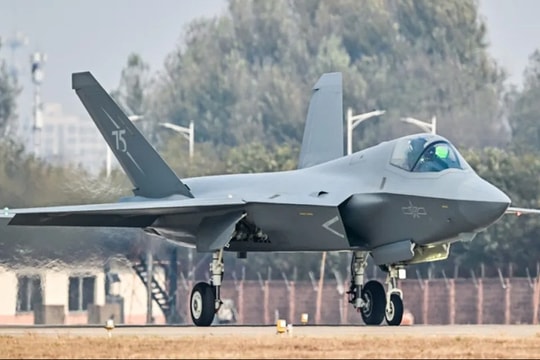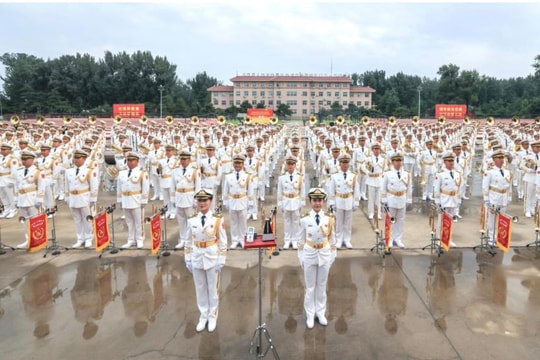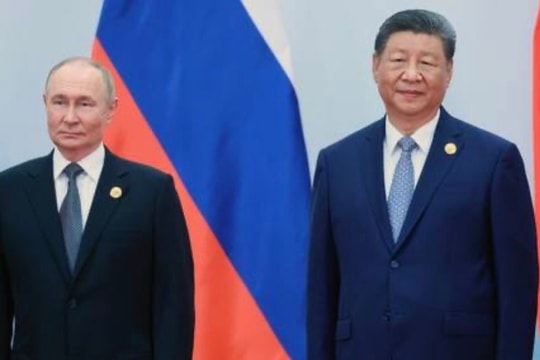Why China is shifting from financial strategy to vaccine diplomacy in Africa
After two decades of financial aid, China is rethinking its strategy in Africa amid the Covid-19 pandemic and fierce power competition in the region, analysts say.
As debt concerns mount and a new variant of the SARS-CoV-2 virus emerges, China has begun to adjust its approach to Africa: cutting financial commitments while ramping up vaccine diplomacy.
On November 29, Chinese President Xi Jinping attended the China-Africa forum and pledged to provide 1 billion doses of vaccine to the region, amid concerns about the emergence of the Omicron variant discovered by South African scientists a few days earlier.
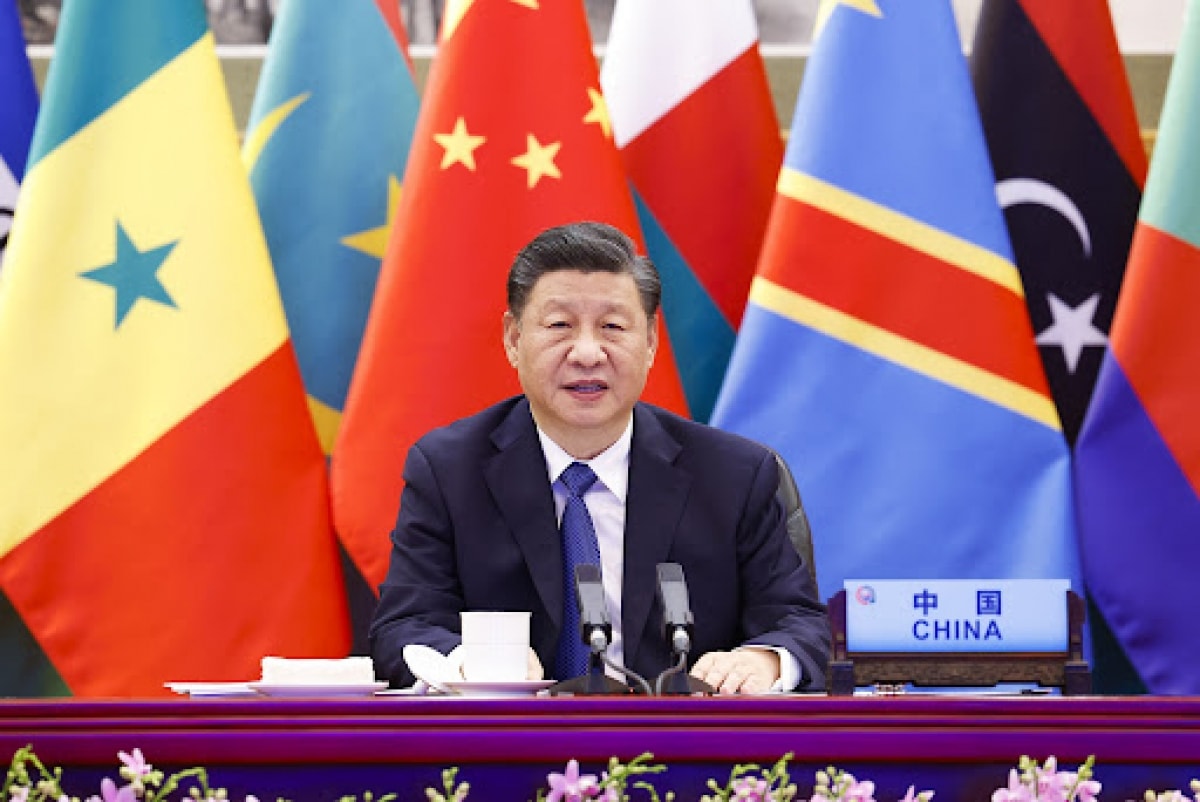 |
| Chinese President Xi Jinping pledged 1 billion doses of Covid-19 vaccine to Africa at the Forum on China-Africa Cooperation on November 29. Photo: Xinhua |
Reduce financial support, increase vaccine support
The Chinese leader also pledged $40 billion in aid to African countries, a significant reduction from the $60 billion promised at the two previous summits.
Analysts say the change in approach shows China is rethinking its overall strategy in Africa at a time of both a health emergency and great power competition in the region.“In some ways, Xi’s reduced financial commitment is not surprising because we have seen signs over the past few years that China has entered a more cautious phase with Africa. After two decades of heavy spending in the region, Chinese financial flows are starting to slow down,” said Lina Benabdallah of Wake Forest University in North Carolina.
The caution stems partly from Western accusations that China is creating “debt traps” and exploiting Africans to exploit natural resources and export cheap goods, according to Carlos Lopes at the University of Cape Town.
“Beijing is sensitive to such criticism and is responding by using every tool at its disposal to dispel that stereotype. We are witnessing a shift in China’s approach to Africa, clearly becoming more cautious, using soft conditions and creating new tools to control flows more tightly,” said Lopes.
China's Purpose
The 1 billion doses of Covid-19 vaccine that China has pledged include 600 million donated doses and 400 million doses produced in Africa. Xi Jinping also said that China will send 1,500 medical experts to Africa to assist.
Xi’s remarks come at a time when China’s vaccine diplomacy is under scrutiny. But Carlos Oya, an expert on China-Africa relations at the University of London, said that if the expansion of vaccinations in Africa actually contributes to ending the pandemic worldwide, it could be a significant achievement.
“That could create a narrative that China has contributed to ending the pandemic outside its borders,” Mr. Oya said.
Mr. Chris Alden, Director of the LSE Ideas research organization, said that by pledging 1 billion doses of vaccine to Africa, China hopes to occupy an important moral position by resolving the crisis occurring in the developing region, while contributing to promoting vaccine production and supply capacity across the African region.
“This global goodwill will also open up more market opportunities for Chinese pharmaceuticals in the spirit of the adage ‘do good and get good reputation’,” said Mr. Alden.
China’s focus on vaccine diplomacy in Africa is not new, however. In late February 2021, China pledged to provide vaccines to 19 African countries. To date, 46 African countries have received vaccines from China. Of the 155 million doses pledged to Africa so far, China has delivered 107 million doses, of which only 16 million are donations, according to Bridge Beijing, a company that tracks Covid-19 vaccines.
“Emergency cannot wait”
The Omicron variant outbreak, first detected by South African scientists and alerted to the world, has highlighted the gap in vaccination rates. So far, only about 11% of Africans have received at least one dose of vaccine, while only 7% have been fully vaccinated. By comparison, nearly 32% of people aged 12 and over in the UK have received a booster shot.
“There have been a lot of promises from world leaders, but the actual delivery of vaccines has not lived up to the promises they made,” said Professor Joel Negin, head of the University of Sydney’s School of Public Health.
Governments have pledged to distribute 5.59 billion doses through the COVAX facility, but so far only 585 million have been delivered. Professor Negin said Australia has pledged to provide about 60 million doses to other countries, but has only delivered about 9 million.
“What we are seeing is an emergency that cannot wait any longer,” said Professor Negin.
Health agencies and experts have long warned that a lack of vaccine access in developing countries could increase the risk of new variants emerging that threaten the world.
Uneven vaccine distribution has left low-income countries like Africa largely unvaccinated while rich countries have begun rolling out booster shots. A recent analysis found that more than 70% of people in high-income countries have been fully vaccinated, compared with just 2.5% in low-income countries.
There are a number of reasons for the discrepancy, including a lack of vaccine manufacturing capacity outside certain countries, Professor Negin said.
“Over the last two years, we should have been setting up the systems and investing in manufacturing capacity in Southeast Asia, southern Africa, to produce mRNA vaccines. It’s not going to happen overnight, but we have to start setting up those capabilities,” Negin said.
The delay, he added, was partly due to countries refusing to waive intellectual property rights for vaccines — something US President Joe Biden supports and Xi also called for in his speech.
While China has provided fewer vaccines to Africa than elsewhere, it has committed more than most bilateral donors and the COVAX initiative, said Leah Lynch, deputy director of Development Reimagined, an African-led international development consultancy.
According to her, the notable point in Xi Jinping's commitment to 1 billion vaccine doses is not the 600 million doses of vaccine supplied to Africa but the 400 million doses from joint production.
“This is an initiative based on the needs of Africa. They want to be able to produce their own vaccines. The bottom line is regional self-sufficiency,” Ms. Lynch said.
Egypt has reached an agreement to produce Sinovac’s Covid-19 vaccine, while Senegal will produce Sinopharm’s vaccine. Fourteen Chinese pharmaceutical companies are also involved in manufacturing or investing in Africa, Ms. Lynch said./.

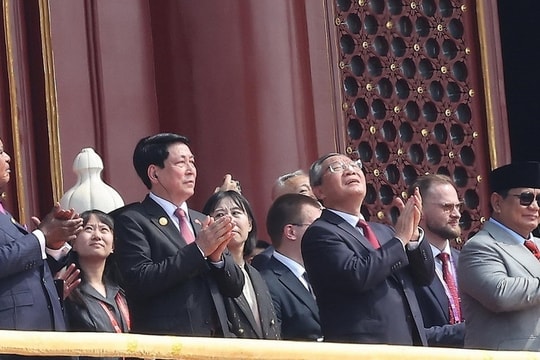
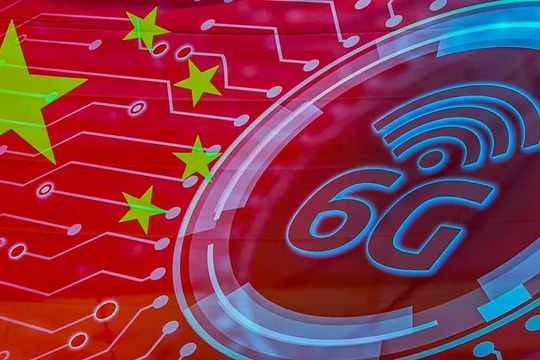
.jpg)
